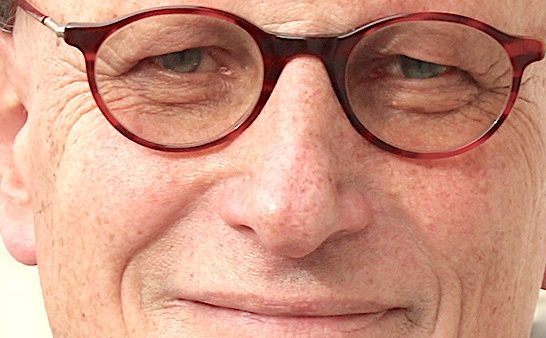Tandems of lay experts and academic experts – How new civil societal collaboration models enhance societal transformation
Opusculum 136 | 15.06.2020 | Wolfgang Chr. Goede on how new civil societal collaboration models can enhance societal transformation
Abstract
Late Munich sociologist Ulrich Beck (1944-2015) engaged in numerous public debates, among others on civil society. He considered it a “reform idea”, a tool of democratization, even of “creative disobedience”. Like many other academicians, he encountered difficulties though to properly define the term. At one point he compared civil society to a “pudding nailed to the wall”. This distinctive image expressed his and others uneasiness with the inflationary usage of civil society and a sense of vagueness. This perception has not changed very much in recent years, especially in the general public. Therefore, more enlightenment, best practice and hands-on examples as well as in-depth perspectives on civil society and its modes of operation seem to be the command of the hour. This shall be undertaken and presented in this dossier within the field of self-organization, self-help and peer counseling, along the lines and frontiers of voluntary and professional engagement. One of the focuses is anxiety self-help and how it has evolved in a tandem partnership of lay experts and academic experts to a resourceful and valuable player in the realm of civil society. In view of the current corona uncertainties regarding our future in health-related aspects and, in general, post-corona societal modeling this type of twinning may become a shaping force and help civil society to win much more visibility and profile.
1. Introduction
Approximately 20 million Germans, i.e. 25 percent of the population engage in volunteer work and social services for the good of the society. This figure correlates to similar proportions of volunteering in the European Union, the Global North and OECD countries. In this dossier, we focus on the role of what has been known for a couple of decades in the volunteer segment as self-help, in recent years also as peer coaching and peer counseling. In Germany, self-help and peer coaching are particularly active in the field of health and, according to health officials, have become one of the columns of national health services. We’ll look into the background of this, shed light on the genesis, follow strings and strands exemplified by the Munich and German anxiety self-help MASH and DASH as significant actors in the growing 3rd sector. Subsequently, the setup, role and function of tandems is examined, which is to say collaborative partnerships between concerned and afflicted citizens – so called every-day or experience experts – with learned, academic experts in the field of mental health, but also general health and beyond. This, in turn, will tap into the overlaying debate and question: Whether such tandems have potential to further inspire new academic spin-offs such as citizen science and catalytic science?






